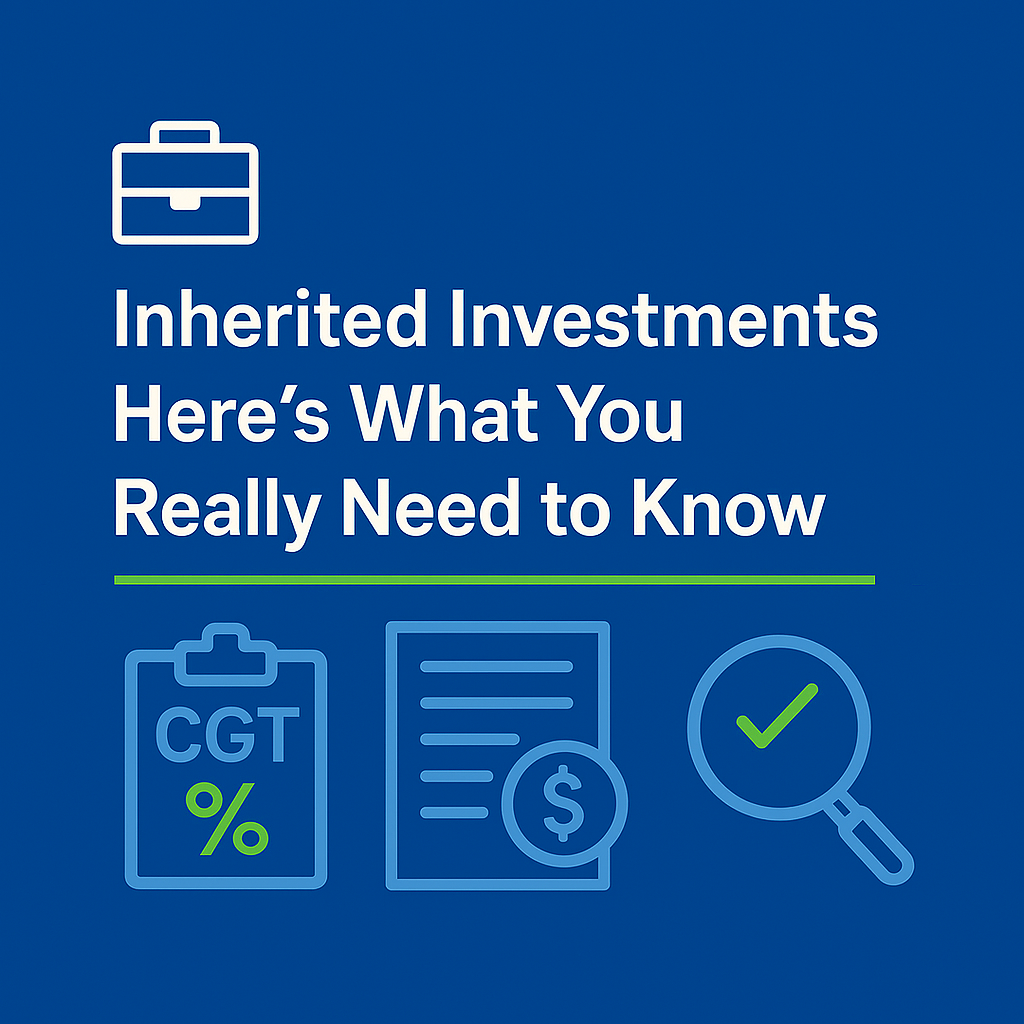Gifting and the age pension
Many people gift assets to their family or friends to give them a helping hand. However care must be taken to ensure any gifting does not impact your current or future social security entitlements, such as the age pension.
What are the gifting rules?
For Centrelink purposes, gifting refers to selling or transferring income or assets for less than it’s worth or without receiving anything in return. If you receive adequate compensation, such as payment for an asset to the same value, it is not considered a gift.
Gifting limits
Although you can gift as much income or assets as you like, Centrelink imposes gifting limits to discourage retirees from giving away their wealth to qualify for more age pension income.
The gifting rules allow you to gift up to $10,000 each financial year or a maximum $30,000 over five financial years without this impacting your entitlement to government benefits.
When applying the gifting rules, they are first measured against the $10,000 per financial year rule (with the same limit applying to both singles and couples), then against the $30,000 limit over a rolling five financial year period.
If you exceed these limits, the excess amount will be treated as a ‘deprived asset’ and will count as an asset under Centrelink’s asset and income tests. When applying for a pension, the asset and income tests are both applied and the test that pays the lower rate of pension will apply.
Example
Kylie is 68 and receives the age pension. She decides to gift $50,000 to her son to help him buy his first property. Assuming Kylie has not gifted any amounts previously, the first $10,000 falls under the gifting free threshold. The remaining $40,000 will be treated as Kylie’s asset under the asset and income tests for the next five financial years, after which it won’t be counted.
If on the other hand Kylie decides to gift a lower amount of $20,000 to her son in the one go instead, she would still be impacted by the gifting rules. Even though she hasn’t used the entire $30,000 gifting limit over five financial years, $10,000 would be deemed a deprived asset (ie, $20,000 - $10,000) and count towards the asset and income test for five financial years because she gifted more than $10,000 in one financial year.
Timing is key
Centrelink looks retrospectively at any gifting amounts over the last five years. For example, if you gift your holiday house which is worth $1 million at the age of 61 to your kids, when you turn 67 and claim the age pension, that gift will not be assessed. This is because once the five year time period is up, any deprived assets are removed from the assessable assets used to calculate your entitlements.
As can be seen, this highlights a gifting strategy where you can gift large amounts that exceed the allowable gifting limits five years before you qualify for the age pension without the gifting rules applying against any age pension payments in the future. But remember, there are other financial implications of your gift that you should consider, such as missing out on investment income that your asset would have generated and any potential capital gains tax that may be payable if there is a change of ownership in the asset.
Obtain advice
If you are approaching age pension age and are considering gifting to help your family or friends, you should seek advice to assist with your specific situation as the gifting rules can be complex.











